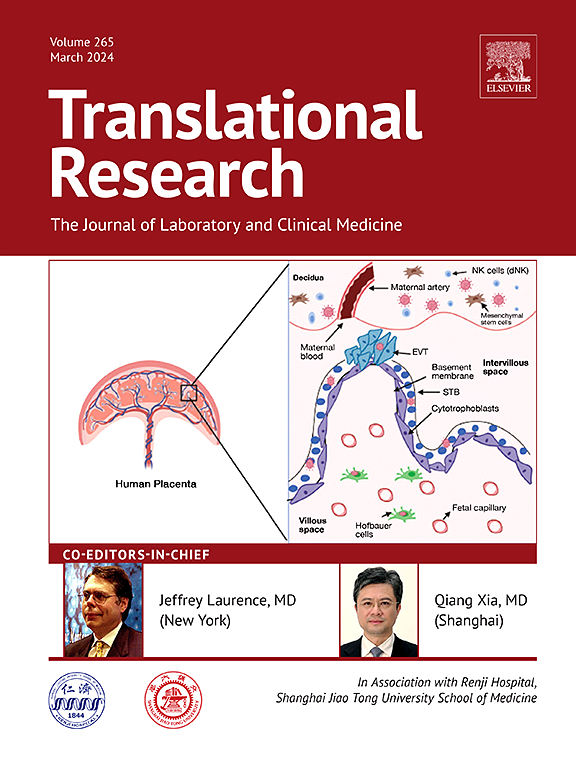PCSK9 inhibition protects mice from food allergy
Abstract
The Proprotein Convertase Subtilisin Kexin of type 9 (PCSK9) has been identified in 2003 as the third gene involved in familial hypercholesterolemia. PCSK9 binds to the membrane low-density lipoprotein receptor (LDLR) and promotes its cellular internalization and lysosomal degradation. Beyond this canonical role, PCSK9 was recently described to be involved in several immune responses. However, to date, the contribution of PCSK9 in food allergy remains unknown. Here, we showed that Pcsk9 deficiency or pharmacological inhibition of circulating PCSK9 with a specific monoclonal antibody (m-Ab) protected mice against symptoms of gliadin-induced-food allergy, such as increased intestinal transit time and ear oedema. Furthermore, specific PCSK9 inhibition during the elicitation steps of allergic process was sufficient to ensure anti-allergic effects in mice. Interestingly, the protective effect of PCSK9 inhibition against food allergy symptoms was independent of the LDLR as PCSK9 inhibitors remained effective in Ldlr deficient mice. In vitro, we showed that recombinant gain of function PCSK9 (PCSK9 D374Y) increased the percentage of mature bone marrow derived dendritic cells (BMDCs), promoted naïve T cell proliferation and potentiated the gliadin induced basophils degranulation. Altogether, our data demonstrate that PCSK9 inhibition is protective against gliadin induced food allergy in a LDLR-independent manner.

 求助内容:
求助内容: 应助结果提醒方式:
应助结果提醒方式:


